Spotlight Series: Dr. Cassandra Vieten
Our final spotlight is on Dr. Cassandra Vieten, PI of sub-project 4: promoting spiritual and religious competency training for mental health professionals.
In a post on Psychology Today, Dr. Vieten outlines five reasons as to why your therapist should ask about your religion and spirituality. She states, “it’s becoming clear that competent mental health clinicians need not, and should not, shy away from the religious and spiritual domains of people’s lives.” Dr. Vieten provides examples of religious and spiritual competencies, demonstrating how helping clients utilize this facet of their lives as resources for their mental and emotional well-being should reduce suffering and enhance well-being.
Dr. Vieten’s latest article in American Psychologist found that religion and spirituality (RS) is an important factor in the lives of many, including those who seek treatment from psychologists. Despite RS’s association with positive therapeutic outcomes and its status under the umbrella of multicultural diversity, training in RS competencies for psychologists is seriously lacking. This paper offers weight to the argument for including RS competency trainings for psychologists. It also provides suggestions for how to broach the topic with clients in clinical settings and provides evidence-based recommendations for what, specifically, RS competency trainings for psychologists should entail.
Read the full article here:
Vieten, C. & Lukoff, D. (2022). Spiritual and religious competencies in psychology. American Psychologist, 77(1), 26-38.
On an episode of CXMH, Dr. Vieten defines competency while discussing her proposed spiritual and religious competencies that all mental health professionals should possess. She touches on the trend of younger generations identifying as spiritual, but not religious and how they still consider their spirituality to be a very important facet in their lives. These competencies ensure that inquiry into this domain of people’s lives is brought into the therapy room, especially if it can be utilized as part of the treatment plan and enhance well-being.
